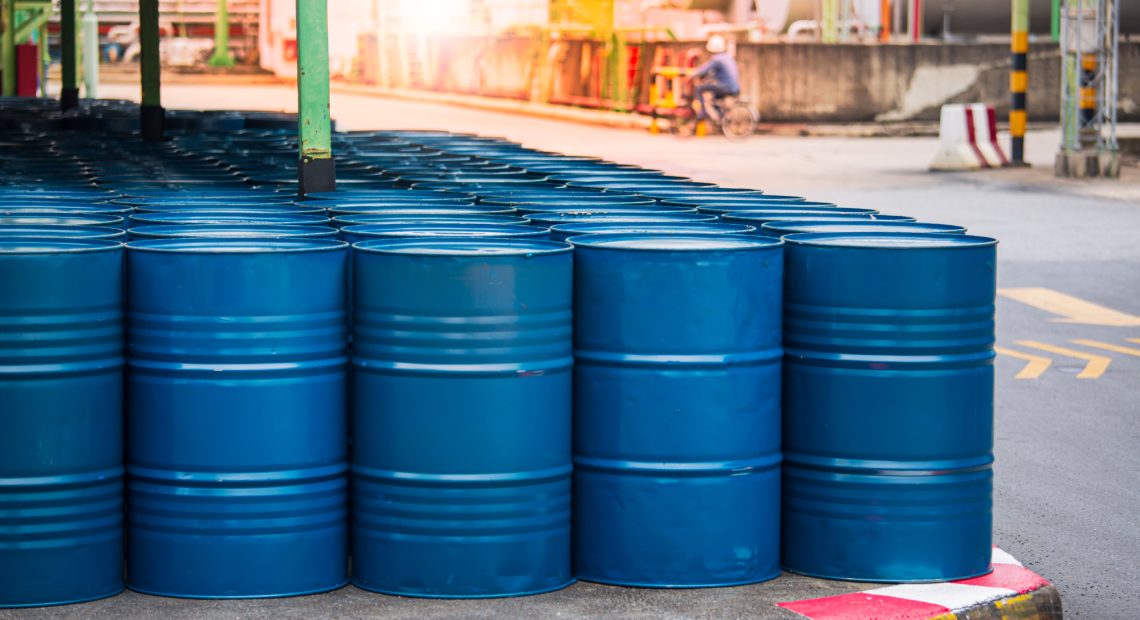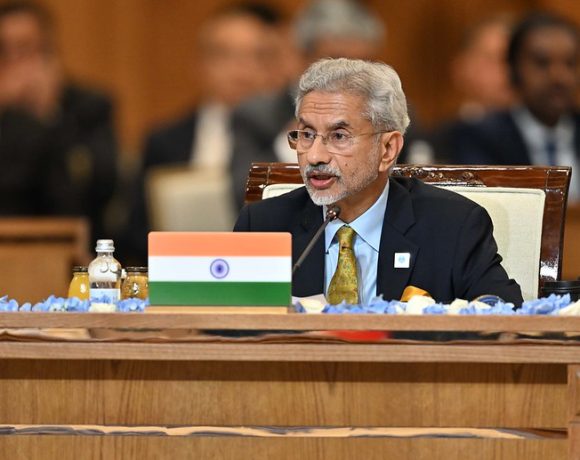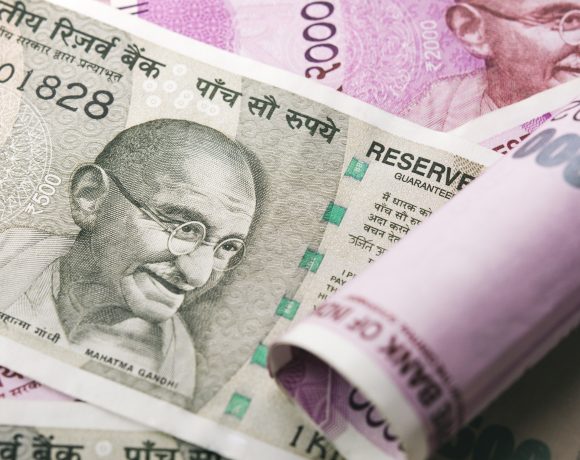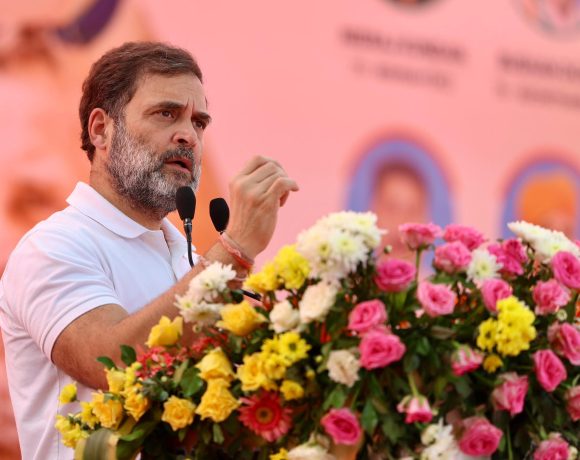
India Plans Six New Oil Reserve Sites to Strengthen Energy Security
India is planning to expand its Strategic Petroleum Reserve (SPR) network with the addition of six new storage sites as part of a national effort to bolster energy security in an increasingly unstable global landscape. The move comes as the country looks to protect itself from sudden international oil supply disruptions, particularly amid rising tensions in West Asia and concerns over chokepoints like the Strait of Hormuz.
Currently, India holds about 5.33 million metric tonnes (MMT) of crude oil across three SPR sites located in Visakhapatnam, Mangaluru, and Padur—covering only about 9 to 10 days of national consumption. However, including stocks maintained by oil marketing companies, the country’s total buffer reaches close to 77 days. With the new expansion, India aims to align itself with the International Energy Agency’s recommendation of a 90-day crude reserve.
Strategic Locations and Infrastructure Plan
Engineers India Ltd (EIL) has been assigned the task of conducting feasibility studies for the six proposed locations. Among them is a salt cavern-based storage facility in Bikaner, Rajasthan, and another likely to be housed within the Mangalore Special Economic Zone (SEZ). These locations were selected for their geological suitability and logistical efficiency, particularly proximity to refineries and ports.
This strategic rollout will complement ongoing SPR Phase-II projects at Chandikhol and Padur, which are expected to add another 6.5 MMT to the reserve capacity. The new locations would significantly boost India’s preparedness to handle global supply chain shocks and unforeseen emergencies.
Cost and Partnerships
Building 1 MMT of oil storage is estimated to cost approximately ₹2,500 crore. The Indian government is reportedly exploring public-private partnership models and foreign investments to fund the expansion. Discussions with companies such as the UAE’s ADNOC are underway, and a model allowing limited commercialisation of reserve capacity is also being examined.
Enhancing Energy Resilience
India imports nearly 85% of its daily crude oil demand, which stands at about 5.5 million barrels per day. As such, dependence on foreign energy sources makes the country particularly vulnerable to geopolitical upheavals and market volatility. The expanded SPR network will not only serve as a critical buffer during crises but also reinforce India’s strategic autonomy in energy planning.
With these plans in motion, India is preparing itself for a more secure and resilient energy future, positioning the country to better withstand global oil shocks while signaling long-term policy maturity in energy resource management.


















